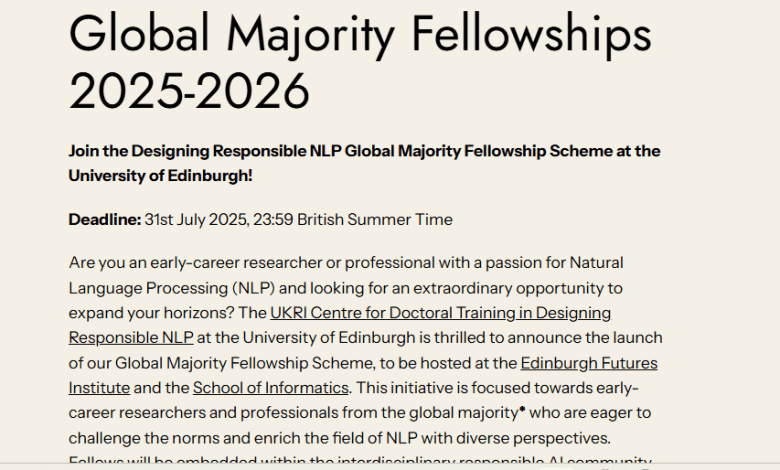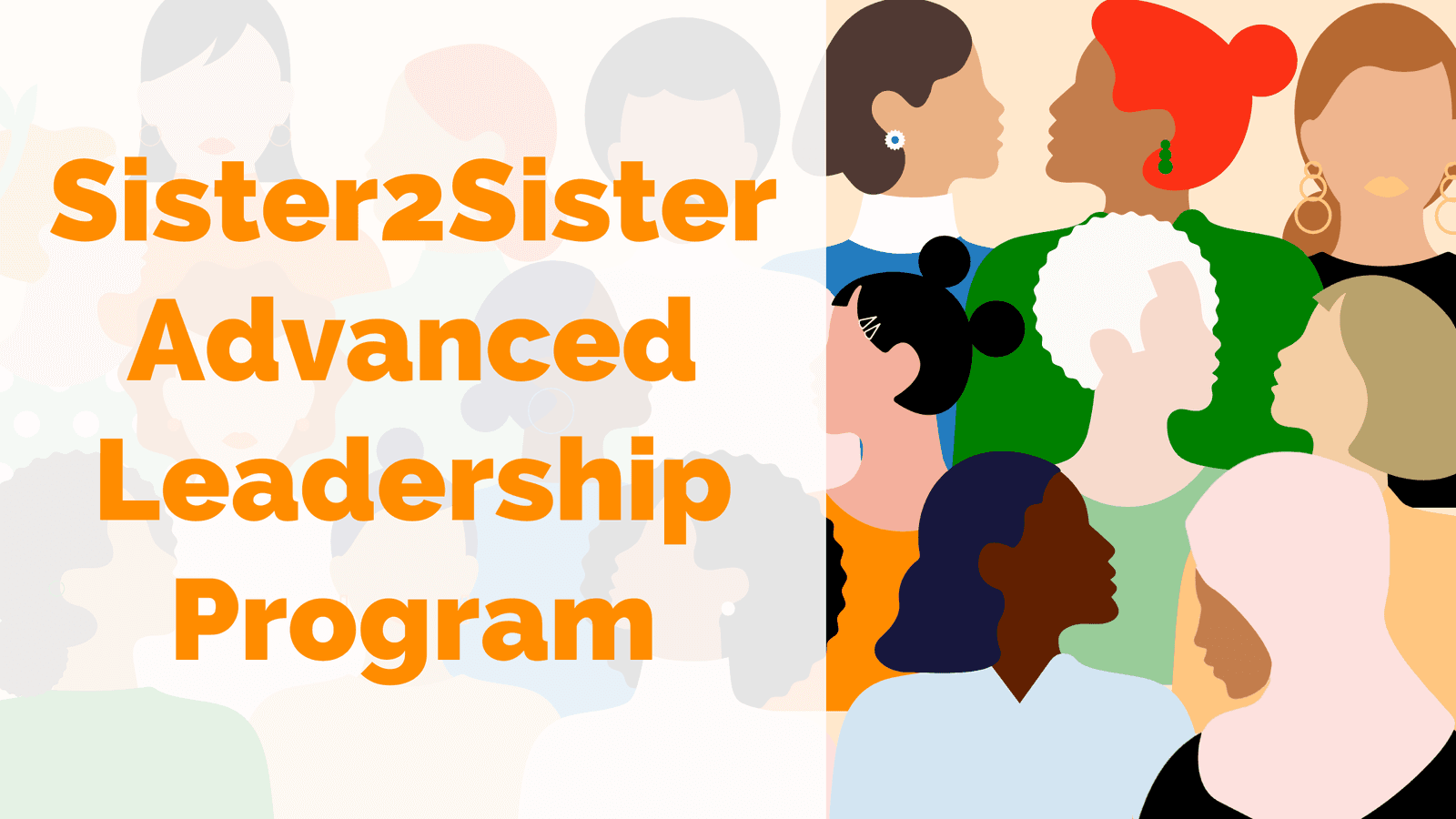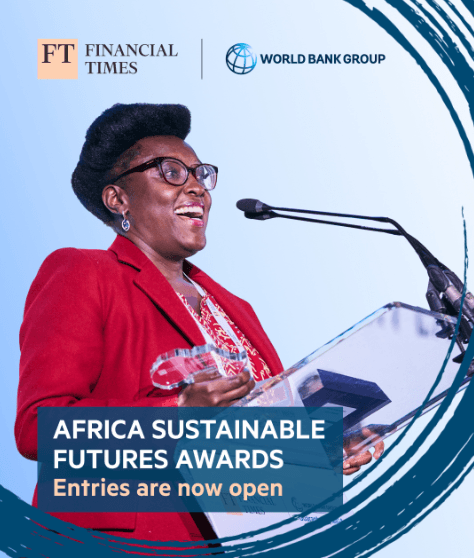The Marcellus Policy Fellowship 2025 is not just another fancy policy internship—it’s a real platform that equips emerging thinkers with the tools to influence ideas, craft actionable policy, and get their foot in the door of political discourse. If you’ve got a sharp mind, a passion for liberty, and the hunger to write, publish, and lead, this might be your once-in-a-lifetime opportunity.
In this blog post, we’ll unpack every crucial detail you need to know: the structure, eligibility, benefits, application tips, and even how to stand out. So, whether you’re a student, a mid-career writer, or someone just discovering the world of public policy, keep reading. This is your complete guide to the Marcellus Policy Fellowship 2025.
The Marcellus Policy Fellowship 2025 is hosted by the John Quincy Adams Society (JQAS). This think-tank-style fellowship is built for young minds who want to reshape U.S. foreign policy through a principled, restrained, and realistic lens.
Instead of debating in classrooms or forums, fellows work closely with mentors to develop real policy memos, op-eds, and research papers that can be published, shared, and even presented to decision-makers.
🧠 This fellowship is named after Marcellus, a Roman general known for balance, courage, and statesmanship—qualities JQAS seeks to instill in its fellows.
Who Is Eligible for the Marcellus Policy Fellowship 2025?
Let’s break down who should apply for the Marcellus Policy Fellowship 2025.
Academic Background
- Open to graduate students, recent graduates, or early-career professionals with interest in U.S. foreign policy, international relations, or public policy.
- Undergraduate students are also welcome if they demonstrate strong writing ability and policy interest.
Experience Level
- No strict experience required, but applicants should be capable of engaging with academic and policy texts.
- Ideal for:
- Political science or international affairs students
- Journalism, law, or history students interested in global affairs
- Professionals in think tanks, NGOs, or foreign service pathways
Location
- Open to U.S. citizens or individuals with demonstrated interest in American foreign policy.
- Most of the program is remote, making it highly accessible across regions.
✅ Pro Tip: Passion and writing skill matter more than your GPA or school name.
What Do You Get from the Marcellus Policy Fellowship 2025?
It’s more than just bragging rights. The Marcellus Policy Fellowship 2025 is packed with value—both tangible and intangible.
Stipend and Financial Support
- Fellows receive a $1,500 stipend.
- Support for policy publication costs and event participation.
Policy Writing Training
- Fellows produce:
- A 3,000–4,000-word policy memo
- A popular op-ed article
- A long-form essay
- These pieces are edited, reviewed, and prepared for real-world publication.
One-on-One Mentorship
- Fellows are matched with experienced mentors in foreign policy.
- Mentors help refine writing, develop arguments, and offer career advice.
Publishing and Visibility
- Past fellows have published in:
- The National Interest
- Responsible Statecraft
- The American Conservative
- War on the Rocks
Policy Impact and Community
- Networking with:
- JQAS alumni
- Foreign policy professionals
- Libertarian and realist thinkers
🎯 Think of this as a bootcamp for becoming a policy influencer, strategist, or published thought leader.
Timeline and Structure of the Marcellus Policy Fellowship 2025
Wondering what your calendar will look like? Here’s a snapshot of the Marcellus Policy Fellowship 2025 schedule.
| Program Stage | Timeline |
|---|---|
| Application Deadline | Expected Fall 2025 |
| Selection Notification | ~ 4–6 weeks after deadline |
| Fellowship Start | Early 2026 |
| Duration | Approx. 10–12 weeks (part-time) |
| Location | Entirely virtual/remote |
Each week includes assigned readings, virtual discussions, writing deadlines, and feedback loops.
How to Apply for the Marcellus Policy Fellowship 2025
The Marcellus Policy Fellowship 2025 application is competitive but very accessible—especially if you have a voice and a point of view.
Application Materials
Here’s what you’ll need to submit:
- Resume/CV – Include academic background, policy writing, leadership, and relevant experience.
- Short Essays – Usually include:
- Why are you interested in the Marcellus Fellowship?
- What’s your approach to U.S. foreign policy?
- A recent global issue you’d like to address.
- Writing Sample – 3–5 pages (can be published or academic).
- Letter of Recommendation (optional but helpful).
Where to Apply
- Applications are accepted directly via the John Quincy Adams Society official website.
How to Stand Out in the Marcellus Policy Fellowship 2025 Application
The fellowship gets dozens (sometimes hundreds) of applicants. So how do you make your name pop?
Share Original Ideas
- Avoid clichés. Don’t just say “we need diplomacy over war.”
- Share an actual policy framework, diplomatic method, or historical reference.
Be Clear on Your Voice
- Are you a realist? Libertarian? Isolationist? Neo-realist? Define your voice and let it shine.
Demonstrate Curiosity
- Mention recent readings, think tank work, or global events that fascinate you.
- Curiosity and analytical thinking count as much as ideology.
Polish Your Writing
- This is a writing fellowship. They’re looking for clarity, punch, and persuasion.
- Use active voice, short paragraphs, and confident tone.
Sample Policy Topics You Can Explore in the Marcellus Policy Fellowship 2025
Don’t know what to write about? Here are some hot topics that align with the Marcellus vision:
| Policy Topic | Description |
|---|---|
| Ending Endless Wars | Examining how to responsibly withdraw from U.S. conflicts |
| U.S.–China Strategy | Building restraint-based diplomatic relations |
| Military Budget Reform | Redirecting spending to diplomacy and domestic needs |
| Sanctions Policy | Evaluating the human cost and success of sanctions |
| NATO Expansion | Re-thinking alliance frameworks in a multipolar world |
| AI and Cybersecurity | Setting policy boundaries for emerging tech warfare |
Career Benefits After the Marcellus Policy Fellowship 2025
Where can this fellowship take you? Honestly, almost anywhere in policy writing, think tanks, or even politics.
Career Paths of Past Fellows
- Policy Analysts at Cato Institute, RAND, and Carnegie Endowment
- Foreign policy writers at The National Interest and Quincy Institute
- Graduate school admissions at Yale, Johns Hopkins (SAIS), and Georgetown
What You Gain
- A portfolio of published work
- A network of real policymakers and mentors
- Confidence to speak on panels, publish articles, or build a policy blog
Common Mistakes in Marcellus Policy Fellowship 2025 Applications
Even smart applicants trip up. Here are the classic blunders:
- ❌ Submitting a generic personal statement (no personality, no vision)
- ❌ Skipping proofreading—typos ruin everything
- ❌ Ignoring the writing sample—submit your best, not just “something”
- ❌ Sounding indecisive about your worldview
Want to win? Take your time, draft boldly, and edit ruthlessly.
FAQs
1. Is this open to international students?
It’s primarily U.S.-focused, but international students with interest in U.S. foreign policy may be considered.
2. How many fellows are selected?
About 10–15 each cycle. It’s highly selective but fair.
3. Is this a full-time commitment?
Nope. It’s part-time and designed to fit into school or work life.
4. Is there an age limit?
Not officially, but it targets early-career professionals and graduate students.
Final Thoughts: Why You Should Apply for the Marcellus Policy Fellowship 2025
The Marcellus Policy Fellowship 2025 isn’t just another line on your CV—it’s a transformation. It teaches you how to think, write, and influence power. You’ll gain mentorship, publication, and a deeper sense of your role in shaping national policy.
Whether you’re trying to break into foreign affairs, sharpen your worldview, or just want to be heard—this is where you start.
So polish that resume, refine your writing sample, and start thinking about the future of U.S. policy—because your voice might be what the next decade needs.



